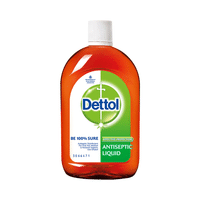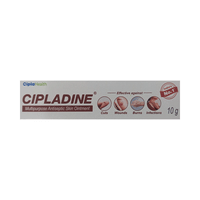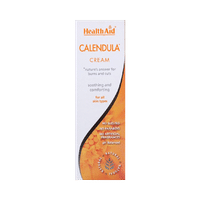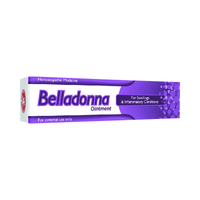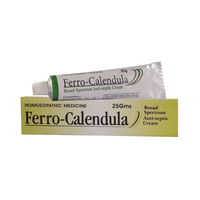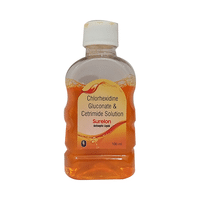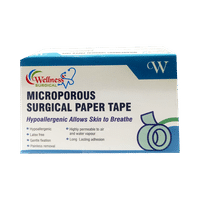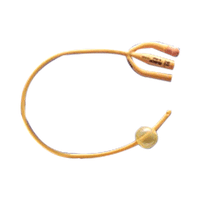Sylate 250mg/2ml Injection

Rs.50.70for 1 vial(s) (1 Injection each)
food interaction for Sylate Injection
alcohol interaction for Sylate Injection
pregnancy interaction for Sylate Injection
lactation interaction for Sylate Injection
food
alcohol
pregnancy
lactation
No interaction found/established
It is not known whether it is safe to consume alcohol with Sylate 250mg/2ml Injection. Please consult your doctor.
CONSULT YOUR DOCTOR
Information regarding the use of Sylate 250mg/2ml Injection during pregnancy is not available. Please consult your doctor.
CONSULT YOUR DOCTOR
Information regarding the use of Sylate 250mg/2ml Injection during breastfeeding is not available. Please consult your doctor.
CONSULT YOUR DOCTOR
SALT INFORMATION FOR Sylate 250mg/2ml Injection
Ethamsylate(250mg/2ml)
Sylate injection uses
{med_name} is used in the treatment of bleeding. It is used to prevent or reduce bleeding during, before or after delicate surgeries.
How sylate injection works
Sylate 250mg/2ml Injection is a haemostatic medication. It works by increasing the ability of platelets to stick together and form blood clots. It also helps control bleeding from tiny blood vessels (capillaries).
Common side effects of sylate injection
Skin rash, Vomiting, Headache, Nausea, Injection site reactions (pain, swelling, redness)
SUBSTITUTES FOR Sylate Injection
No substitutes foundExpert advice FOR Sylate Injection
- Ethamsylate helps reduce blood loss.
- The dose and frequency depends on the condition that is being treated.
- Inform your doctor if you are pregnant or breastfeeding.
Frequently asked questions FOR Sylate 250mg/2ml Injection
Ethamsylate
Q. How does Sylate 250mg/2ml Injection work?
Sylate 250mg/2ml Injection belongs to a class of medications called hemostatic agent. It acts by stopping bleeding from small blood vessels by stabilizing the wall of these blood vessels and improving platelet (blood cells that help in clotting)function.













